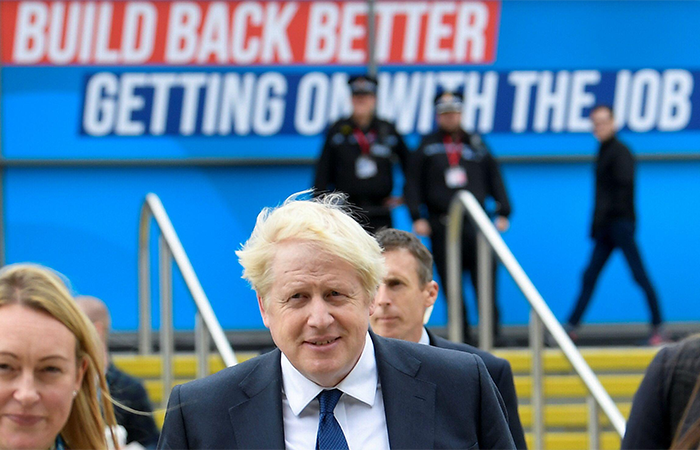Following months of consultation and internal battles, the Labour Party will set out its most significant policy vision for Government in its National Policy Forum report at their party conference next week. Very few not directly involved with the Party understand the significance of the document and fewer know what its final report will mean for them, their businesses and organisations. Portland Communications’ team of Labour Party experts have analysed the report, so you don’t have to.
What is the National Policy Forum and why does it matter?
Simply, the NPF is a large group of influential Labour Party stakeholders who consult and represent their respective areas of the Party, including constituency Labour groups, trade unions and socialist societies, so they can feed into Labour’s policy thinking ahead of a general election.
The output is the NPF report, which sets out the direction for the Party’s key positions on everything from foreign policy to farming. It is, in many ways, the best and last significant chance to analyse what will be prioritised in the Labour Party’s manifesto ahead of a general election.
What does the policy show about Labour’s direction?
The final report, which will be made public at the conference, is vast and detailed, focused on six key policy areas, which broadly map onto Sir Keir Starmer’s ‘5 missions for a better Britain’: A green and digital future; Better jobs and better work; Safe and secure communities; Public services that work from the start; A future where families come first; Britain in the world. Much of the policy in the document has been pre-announced or heavily rumoured, although a number of new and refreshed commitments remain within it. However, it does reveal some changing policy priorities and exposes under-the-surface motivators of Labour’s political direction. There are three key themes which will be of particular interest to businesses:
- The continued dedication to fiscal responsibility, exemplified by the commitment in the introduction that “Labour’s fiscal rules, as set out by Shadow Chancellor Rachel Reeves, are non-negotiable. They will apply to every decision taken by a Labour government, with no exceptions”. Everything that is not mentioned or prioritised in the report should be seen through this prism, including any new measures to generate revenue.
- The NPF reflects Labour’s changing position around employment policy since its 2021 ‘New Deal for Working People’. It still commits to a vast number of the policies captured in the original New Deal, including the repeal of the Trade Union Act to empower union activity, a strengthening of self-employed rights, greater enforcement on equal pay and gender/race reporting and the end of ‘fire and rehire’. However, the NPF remains vague on Labour’s position on banning Zero Hours Contracts, and the previous commitment to the creation of a single worker status appears to have been dropped.
- Notably absent from the document is further detail on the Party’s commitment to devolving greater powers to Metro Mayors and Councils. There is little beyond the mention of a Labour government introducing a ‘Take Back Control Act’ in its first King’s Speech, to “provide the framework and process for economic devolution”, other than reasserted commitments to hand planning power to regions, as well as control over adult education and skills. There are also clearly potential road bumps ahead for the Party which has promised a major housebuilding programme and to “deliver Northern Powerhouse Rail and High Speed 2 in full”.
What happens now?
The report is the end of a long and arduous consultation process, with conference delegates usually given the opportunity only to ‘reference back’ sections of the report they don’t like. As this is likely to be the last conference before a general election, it is doubtful this will have much of an impact.
The final document will have been seen and signed off by multiple members of Labour HQ – even if the tone and framing of an eventual Labour Party manifesto ends up being quite different.
There will likely be many twists and turns for Labour as they attempt to re-enter government for the first time in 14 years. While the NPF is in no way binding, it does give us a real sense of what has already been decided – and what is still up for debate.
If you want to know more about the process of the NPF, and the different groups that make up the Labour Party, please do read Portland’s ‘How Labour Works’ document. Our work on the NPF also builds on our previous policy analysis in ‘Starmer’s Britian’.
For further insights, or to see Portland’s analysis in full – please do contact connor.whittam@portland-communciaitons; [email protected] or [email protected]





